British Prime Minister Keir Starmer announced on June 2 that the United Kingdom is moving to "warfighting readiness," in large part in response to the full-scale invasion of Ukraine and the threat Russia poses to Europe.
He made the comment as his government unveiled its latest Strategic Defense Review, which U.K. General Richard Barrons, one of the review's authors, described as the "most profound" change in U.K. defense in 150 years.
The review sets out ambitious new targets, including at least 12 new attack submarines, fleets of drones and autonomous vehicles, as well as 7,000 new long-range weapons.
Yet it also comes with urgent warnings.
The review reveals that the U.K.'s Armed Forces are currently unprepared to fight adversaries such as Russia or China, nor could they conduct high-intensity warfare in a war like that in Ukraine.
Insufficient munition stockpiles, low troop numbers, and ageing equipment are just a few of the weaknesses underpinning its assessment.
"The speed of development in Ukraine is so far ahead of what countries like the U.K. is capable of."
But as well as committing to bolstering its own defense capabilities, the U.K. must also manage the commitments already made to Kyiv, which it has vowed to support with a "100-year partnership."
The U.K. has been one of Kyiv’s closest supporters since the start of the full-scale invasion, and the review reiterates long-term support for Ukraine, committing 3 billion pounds ($4.06 billion) annually in military aid.
"The bottom line is that all of this is about defending the U.K. after the conflict moves on from Ukraine primarily," Keir Giles, a senior consulting fellow at Chatham House, a U.K.-based think tank, told the Kyiv Independent.
"Whether it's positive, negative, or catastrophic, either way, that's when the U.K. and its allies need to be ready for Russia's next move."
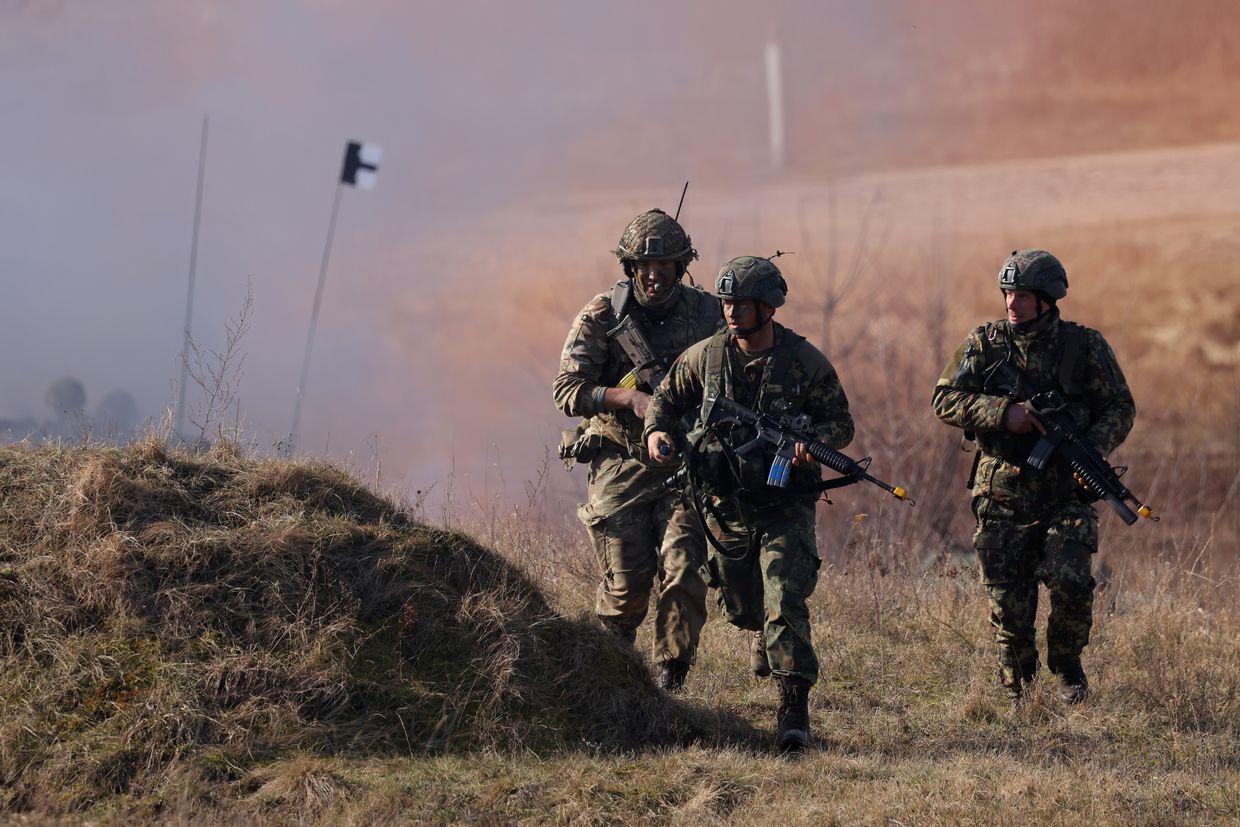
Lessons learned from Ukraine
The U.K. wants to create a more flexible procurement process, as demonstrated by that developed by Ukraine throughout the full-scale invasion, a dynamic it says would be vital should the U.K. deploy troops in support of a ceasefire.
The review urges deeper defense industrial collaboration, including joint ventures and helping Ukraine access global markets, as well as rebuilding and sustaining its defense sector.
This could include helping Ukraine service Soviet-era equipment still used abroad. The U.K. also aims to learn from Ukraine’s experience in modern warfare, particularly in land combat, drones, and hybrid threats.
However, the review highlights challenges — U.K. stockpiles of weapons such as Storm Shadow long-range missiles have been depleted through its support to Ukraine, and years of underinvestment have weakened domestic defense capacity.
The U.K. has announced that it will build six new munition factories. This indicates a significant attempt to address one of the key criticisms of European defense, which is its lack of industrial base and reliance on U.S. support.
While U.K. Defense Secretary John Healey has said that "we should expect to see new factories opening very soon," it is not clear how quickly this will translate into meaningful battlefield assistance for Ukraine’s Armed Forces.
"The speed of development in Ukraine is so far ahead of what countries like the U.K. are capable of, the best-case outcome for Ukraine would just be sending the money there to build stuff," Giles said.
When asked how Ukraine could be best supported outside of the recommendations in the review, Giles said the "maximum support" should be given to Ukraine, without the hesitancy about doing damage to Russia."
.png)
 German (DE)
German (DE)  English (US)
English (US)  Spanish (ES)
Spanish (ES)  French (FR)
French (FR)  Hindi (IN)
Hindi (IN)  Italian (IT)
Italian (IT)  Russian (RU)
Russian (RU)  2 days ago
12
2 days ago
12

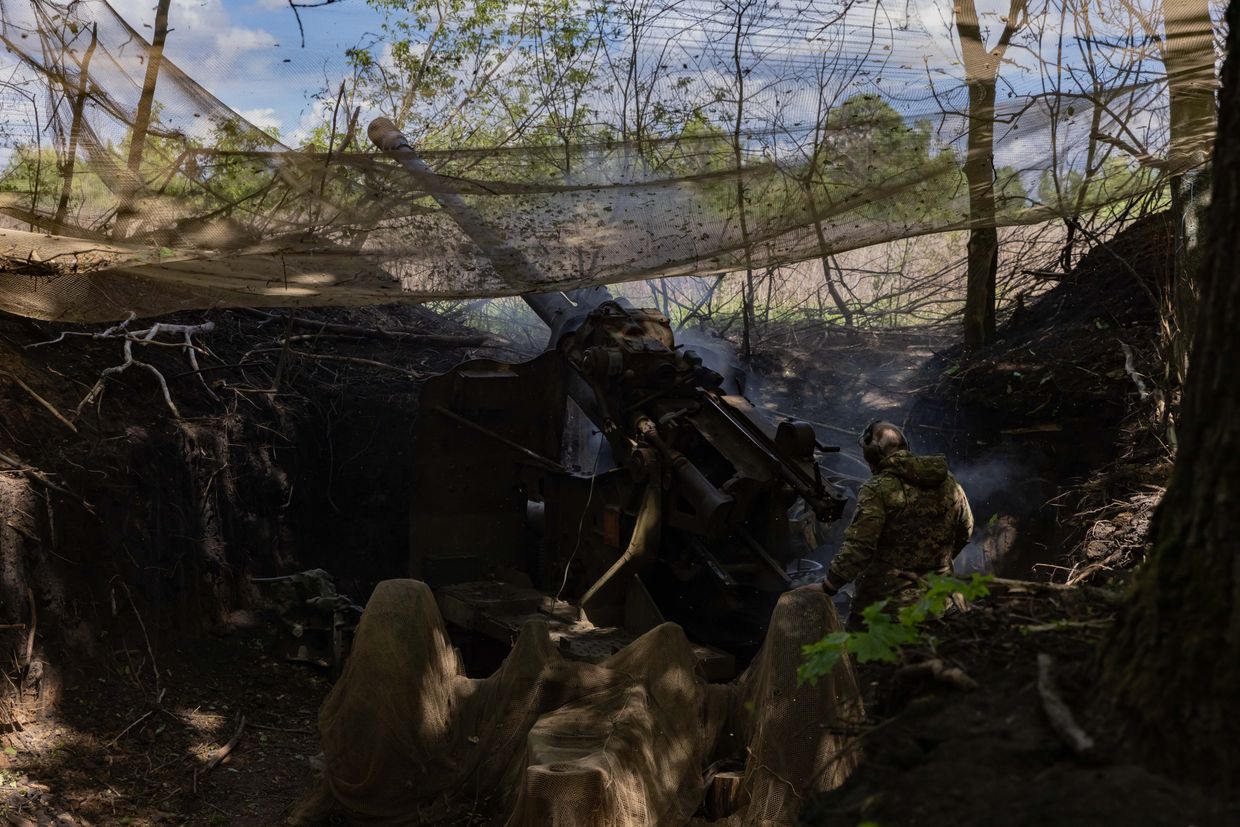

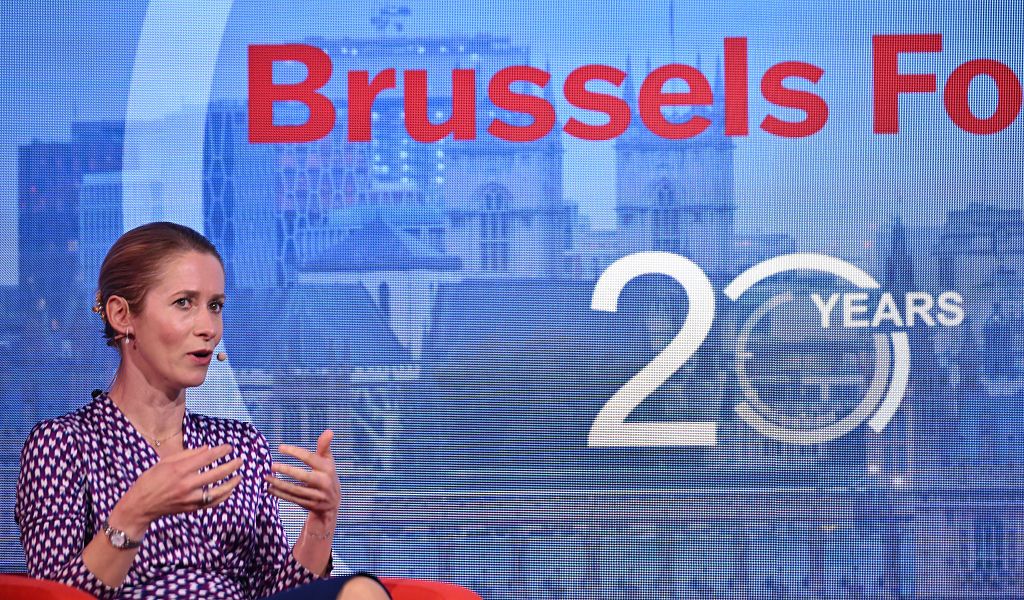

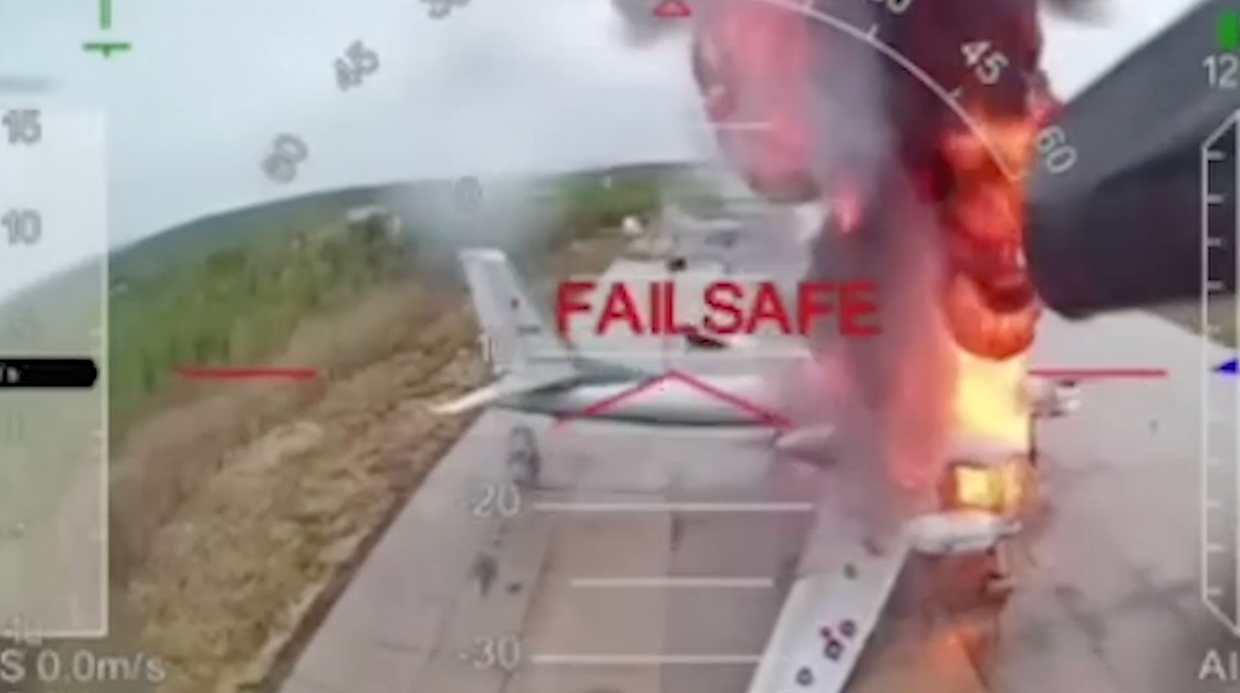
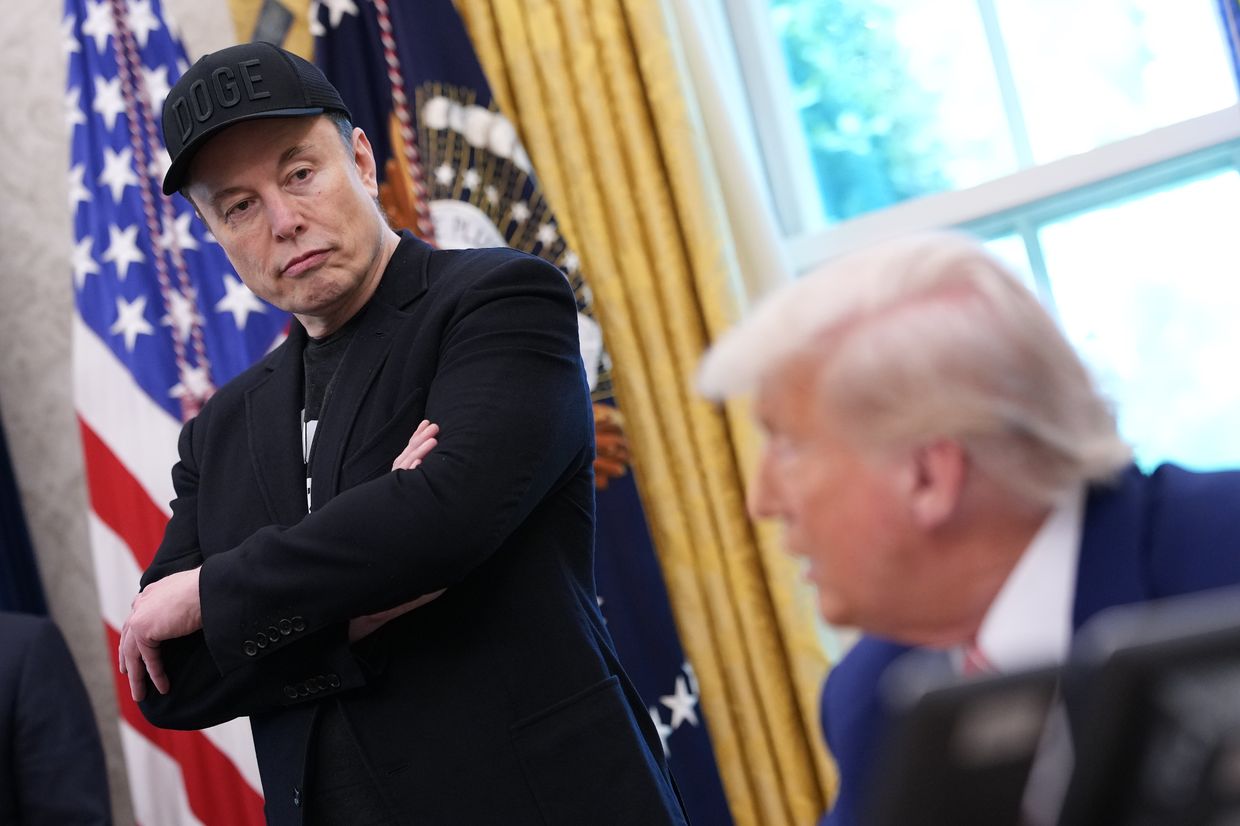


Comments